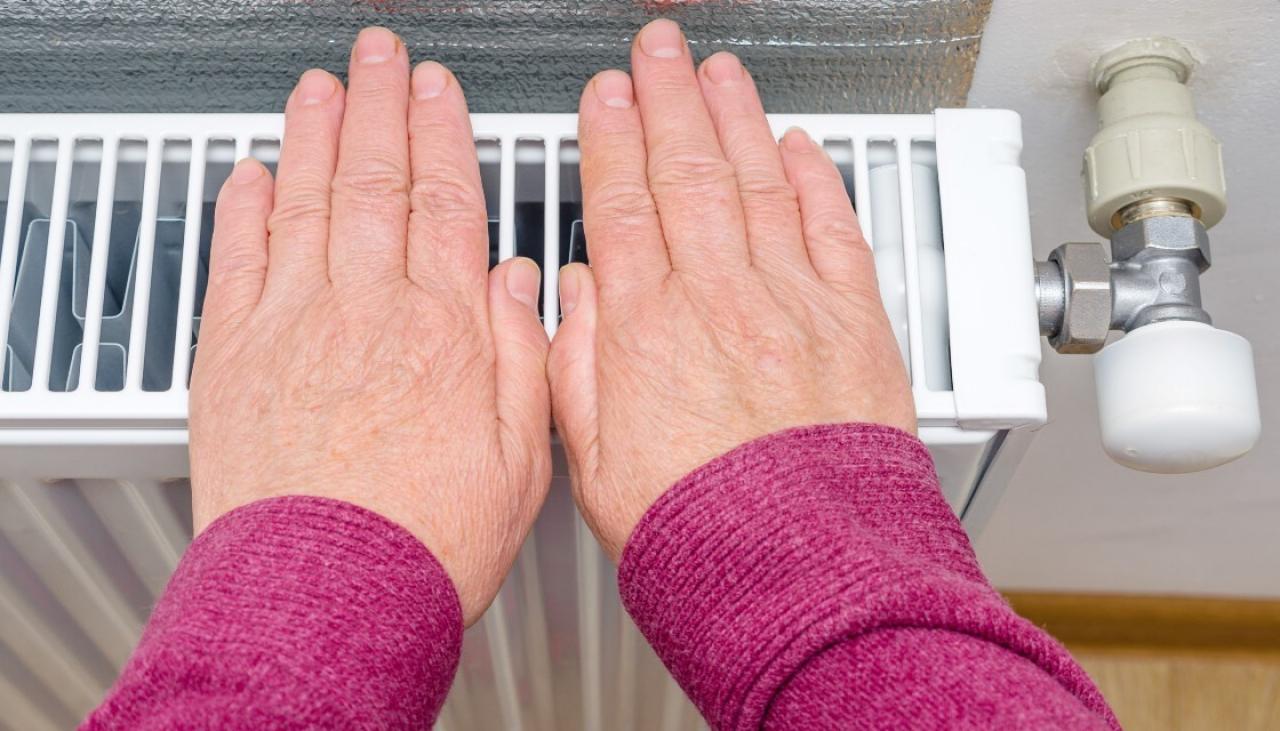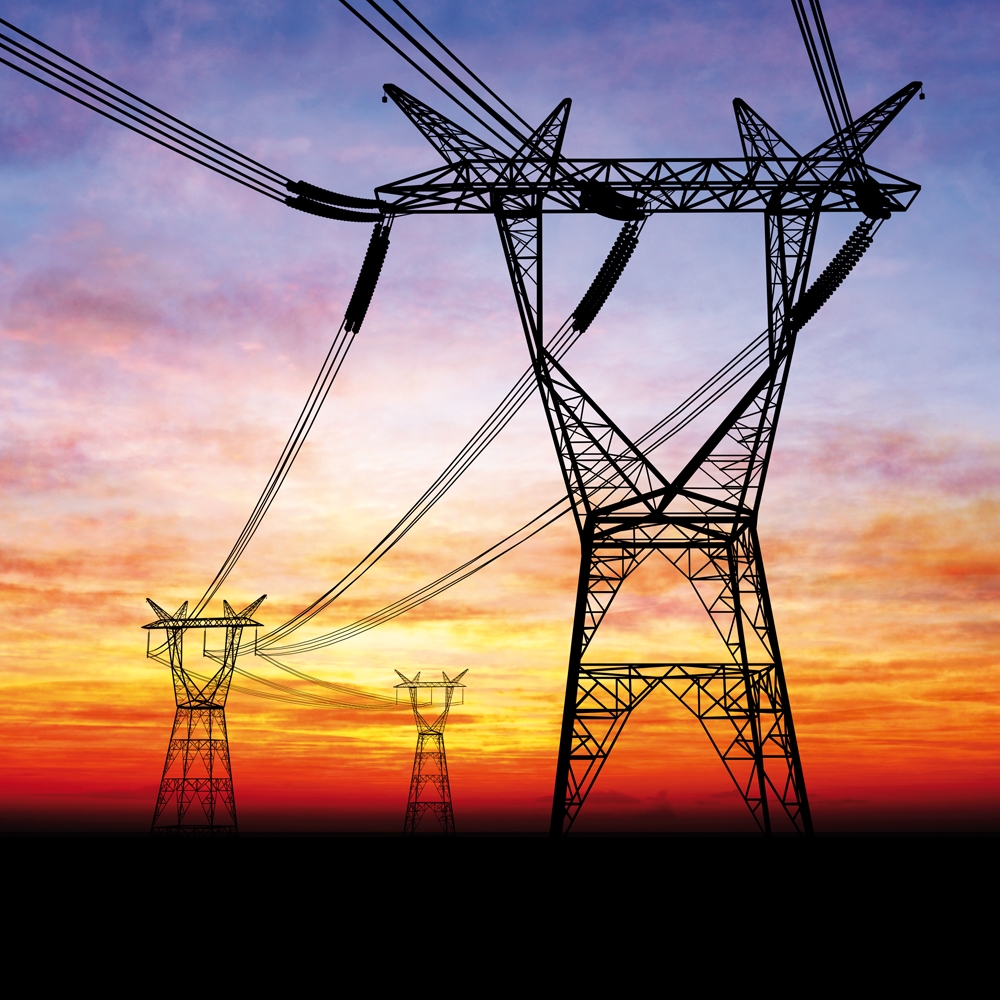
5 ways to save on your winter power bill
It is that time of the year again. Winter comes, the power bill goes up, and every year we are surprised by how much.
Economists are warning the worst of financial fallout caused by the Covid-19 pandemic is still to come. Most of us will be trying to hold on to any savings made in lockdown and to reduce use in other places.
These months are cold, and you should not be going cold to save on the power bill, but these are a few smaller sacrifices that can help reduce your consumption.
SHORTEN THE SHOWERS
With the colder mornings, it might be more tempting than ever to stay under the hot, steamy water before starting the day. But it is going to cost you with each 15-minute shower adding an extra $1 to your bill. For a family of four that is $4 a day (if everyone showers), or $1460 a year.
Dr Marcos Pelenur, spokesperson for ECCA Energywise says “Reducing your shower time just a bit could save up to $900 a year for a family of four. A 15-minute shower costs about $1 - a five-minute shower costs about 33c."
As it gets colder, your hot water tank must work harder to maintain the hotness of the water. So your tank will be consuming more energy now than it was in March before you even turn on the tap.
TURN OFF THE HEATED TOWEL RAIL
Towel rails are a hidden culprit when it comes to increasing your electricity use.
Keeping a standard 80-watt heated towel rail on all the time costs 48 cents per day. That might not sound like much, but three bathrooms with towel rails left running 24/7 would add $43.20 onto your bill at the end of the month.
If you'd rather keep this small luxury, turning the heated towel rail off at the wall when not being used, or buying a timer will help reduce your consumption.
COLD WASH CLOTHES AND DISHES
Unless you have especially dirty clothes, use the cold wash cycle for the laundry. A hot water wash can use 10 times more electricity than a cold wash.
According to the EECA, four loads of laundry washed in a cold cycle a week will save you about $60-$80 a year. And don't worry, it works just the same: "Modern washing machines and detergents clean well using cold water," Dr Pelenur says.
The other thing to watch out for with all the extra meals being made at home, is running the dishwasher more too, at 16.5 cents per load. Two half-loads will use more power than one full load, so wait until it is full.
Dr Pelenur says "–and put it on ‘eco’ wash setting if available". If you rinse the dishes before loading the dishwasher, use cold water.
USE ELECTRIC BLANKET OR HOTTIE INSTEAD OF A BEDROOM HEATER
The price of warming your bedroom with a small electric heater for a week is higher than a family of four running their electric blankets every night for a month.
Electric blankets use as little as 0.4 kilowatts to stay toasty over four hours, so each one you put on for the evening is only going to cost you about 10 cents. A family of four running their blankets every night for a week will cost about $3 in electricity charges. A cuddly hot water bottle will ring you up a 1.5 cents per use, from a boiled 2 litre kettle.
Using a 2kw heater on the other hand? That comes in at $2.50 a day for five hours of use, or $17.50 a week.
SHOP AROUND ELECTRICITY PROVIDERS
Many New Zealanders do not compare or swap their power companies.
The Electricity Authority estimated Kiwi households could save $372 million a year if all households switched to the cheapest power deal available to them. "Lots of savvy homeowners regularly check the price they pay for their electricity supply to ensure they are on the best deal," said James Stevenson-Wallace, chief executive of the Electricity Authority.
SwitchMe is a good place to find out if you are getting the best deal to suit your needs.

















